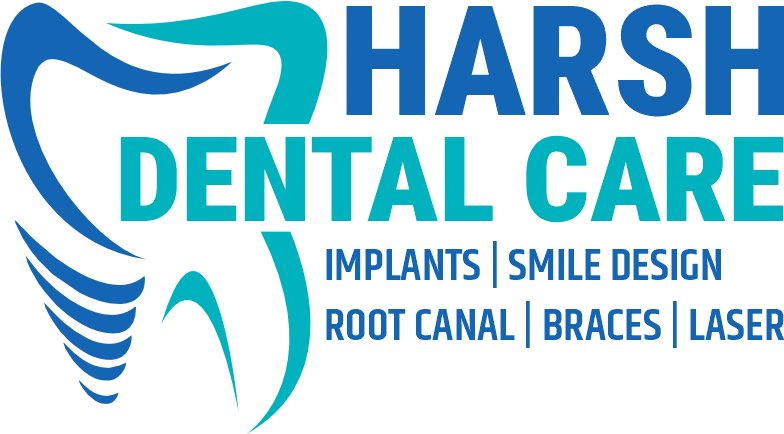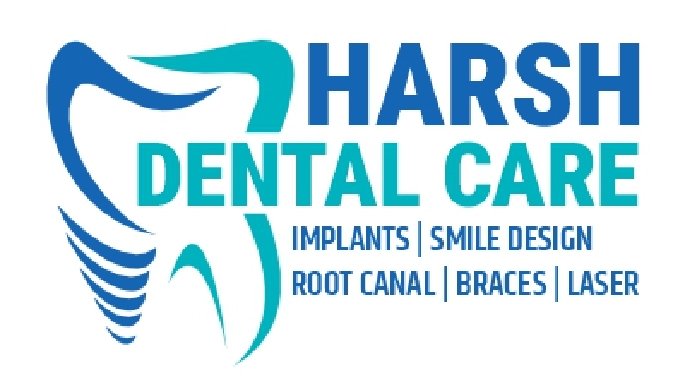- Home
- About
- Our Services
- Dental Implants
- Veneers
- Teeth whitening
- Tooth Extraction
- Braces & Aligners
- Smile makeovers
- Pediatric Dentistry
- Root canal treatments
- Oral & Maxillofacial Surgery
- Dental Examination
- Digital X- Ray
- Dental Crown
- Fixed Partial Denture
- Complete Denture
- Orthodontic Treatment
- Oral Surgery
- Oral Prophylaxis
- Dental Polishing
- Dental Jeweller
- Restoration of Teeth
- Intraoral Scanning by Oral Scanner
- Full Mouth Rehabilitation by Implant & Crown
- Blog
- Smile Gallery
- Contact Us





